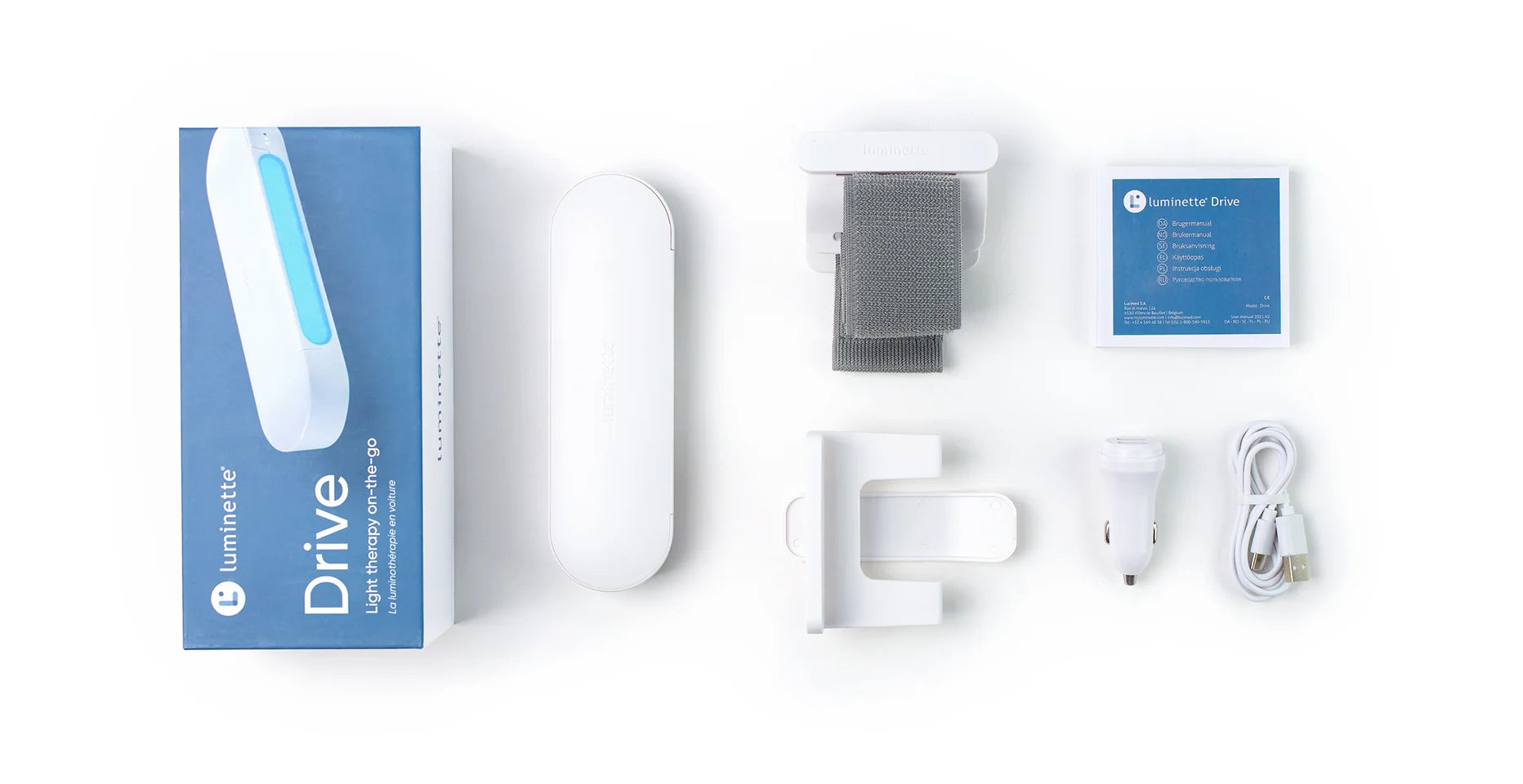Хороший ночной сон имеет решающее значение для нашего здоровья и благополучия, но многие из нас испытывают трудности с получением спокойного, восстанавливающего сна, который нам необходим. В условиях стремительного ритма современной жизни бывает сложно уделить приоритетное внимание сну и установить здоровый режим сна. Однако преимущества качественного сна многочисленны, включая улучшение настроения, повышение когнитивных функций и снижение риска хронических заболеваний. В этой статье мы подробно рассмотрим важность здоровых привычек сна и предоставим вам комплексный план улучшения сна, который поможет достичь оптимального качества сна. Независимо от того, испытываете ли вы трудности с засыпанием, поддержанием сна или просыпаетесь без ощущения отдыха, эти стратегии помогут вам получить необходимый отдых для полноценной жизни. Итак, возьмите чашку чая и приготовьтесь к советам о том, как оптимизировать свои привычки сна и просыпаться в лучшей форме.
Важность сна
Сон — один из самых важных компонентов здорового образа жизни. Он необходим для нашего физического и психического благополучия, так как позволяет организму восстанавливаться и обновляться. Во время сна организм выполняет жизненно важные функции, такие как заживление поврежденных тканей, регулирование гормонов и укрепление иммунной системы. Кроме того, сон играет ключевую роль в работе мозга, включая консолидацию памяти и обучение. Когда мы спим, наш мозг обрабатывает и сохраняет новую информацию, что позволяет нам эффективно ее вспоминать и использовать.
К сожалению, многие люди недооценивают важность сна, рассматривая его скорее как роскошь, чем как необходимость. Такой подход может негативно сказаться на нашем здоровье, поскольку хроническое недосыпание связано с рядом проблем, включая ожирение, сердечные заболевания, диабет и депрессию. Оно также может ухудшать когнитивные функции, приводя к снижению продуктивности, плохому принятию решений и повышенному риску несчастных случаев.
Кроме того, качество сна так же важно, как и его количество. Даже если вы спите достаточно, плохое качество сна может оставить вас уставшим, раздражительным и не отдохнувшим. На качество сна влияют такие факторы, как шум, свет и температура, а также некоторые медицинские состояния, например, апноэ сна или бессонница.
Создание здоровой среды для сна
Создание здоровой среды для сна — ключевой элемент улучшения качества сна. Чтобы обеспечить оптимальные условия для сна, важно устранить возможные помехи. Начните с выбора удобного и поддерживающего матраса и подушки, которые способствуют правильному положению позвоночника. Контроль температуры и влажности в спальне также важен, как и минимизация шума и света. Для этого можно использовать плотные шторы, беруши или аппарат белого шума. Кроме того, установите расслабляющий вечерний ритуал, включающий такие занятия, как чтение или прослушивание спокойной музыки, чтобы помочь телу и разуму расслабиться и подготовиться к спокойному ночному сну.
Установление постоянного режима сна
Установление постоянного режима сна необходимо для поддержания здоровых привычек сна. Это означает ложиться спать и просыпаться в одно и то же время каждый день, включая выходные и праздники. Поддерживая постоянный режим сна, вы регулируете внутренние часы организма и улучшаете качество сна. При регулярном режиме сна организм знает, когда выделять гормоны, вызывающие сонливость, что облегчает засыпание и пробуждение с ощущением бодрости. Хотя сначала может быть сложно придерживаться режима сна, со временем и практикой это станет проще, и ваше тело скажет вам спасибо.
Регулярная физическая активность
Регулярная физическая активность — важный компонент поддержания здоровых привычек сна. Упражнения помогают регулировать внутренние часы организма, улучшать качество сна и увеличивать время глубокого сна. Физическая активность также снижает стресс и тревожность, которые часто являются причинами нарушений сна.
Однако важно правильно выбирать время для тренировок, чтобы не нарушать сон. Хотя упражнения могут быть стимулирующими и придавать энергию, лучше избегать интенсивных занятий перед сном, так как это может затруднить засыпание. Старайтесь заниматься спортом раньше в течение дня и включайте в вечерний распорядок расслабляющие упражнения, такие как йога или растяжка.
Также стоит отметить, что для получения пользы для сна не обязательно заниматься интенсивными тренировками. Даже умеренная физическая активность, например быстрая прогулка или велосипедная поездка, может улучшить качество и продолжительность сна.
Включение регулярной физической активности в повседневную жизнь приносит множество преимуществ для физического и психического здоровья, включая улучшение качества сна. Найдя вид упражнений, который вам нравится, и сделав его регулярной частью своей жизни, вы сможете наслаждаться хорошим сном и чувствовать себя энергичным и отдохнувшим в течение дня.
Обращение за профессиональной помощью
Если у вас хронические проблемы со сном или серьезные нарушения сна, может потребоваться профессиональная помощь. Расстройства сна, такие как бессонница, апноэ сна и синдром беспокойных ног, могут значительно ухудшать качество жизни и требовать медицинского лечения.
Ваш лечащий врач может направить вас к специалисту по сну, который проведет исследование сна для диагностики возможных нарушений. Специалист может рекомендовать варианты лечения, такие как медикаменты, поведенческая терапия или использование аппарата с постоянным положительным давлением в дыхательных путях (CPAP) при апноэ сна.
Кроме того, если стресс или тревожность влияют на ваш сон, полезно обратиться к специалисту по психическому здоровью. Терапия поможет освоить стратегии управления стрессом и тревожностью, что может улучшить качество сна.
Важно уделять приоритетное внимание своему сну и обращаться за профессиональной помощью при хронических нарушениях сна. С правильным диагнозом и лечением вы сможете преодолеть расстройства сна и достичь оптимального качества сна. Не стесняйтесь обратиться к врачу или специалисту по психическому здоровью, если у вас хронические проблемы со сном.
В заключение
Хороший ночной сон необходим для нашего физического и психического благополучия. Создавая здоровую среду для сна, устанавливая постоянный режим сна, соблюдая правила гигиены сна, занимаясь регулярной физической активностью и при необходимости обращаясь за профессиональной помощью, вы можете улучшить качество своего сна и просыпаться отдохнувшим и полным сил.



















































 Обратите внимание
Обратите внимание




















